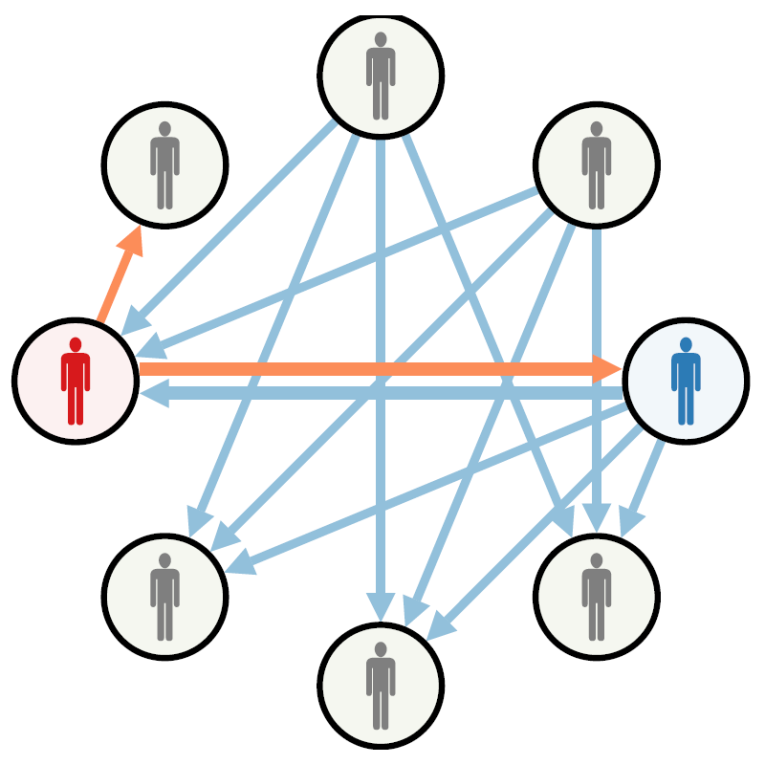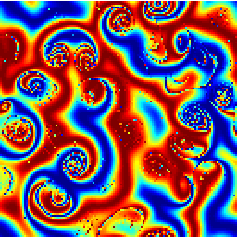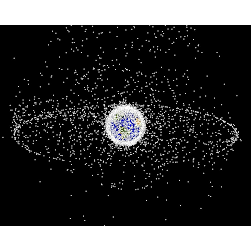Author: LML administrator
-
Announcing the LML Summer School 2019
Posted on
by
The London Mathematical Laboratory (LML) invites applications to its 2019 Summer School. This will be held at the Abdus Salam International Centre for Theoretical Physics (ICTP) in Trieste, Italy from Monday 8th July to Friday 2nd August 2019. Postgraduate students will spend
-
Postdoctoral Fellow Yonatan Berman joins the LML Ergodicity Economics research programme
Posted on
by
LML is delighted to announce that Yonatan Berman joins the Ergodicity Economics research programme as a Postdoctoral Fellow. Yonatan joins us from Paris School of Economics and has a PhD from Tel Aviv University.
-
Reciprocity and success in academic careers
Posted on
by
Since the 1950s, assessments of the quality and effectiveness of scientific research have increasingly rested on quantitative measures based on publication citations.
-
A semi-parametric spatiotemporal Hawkes-type point process model with periodic background for crime data
Posted on
by
Criminologists try to predict crime with a number of methods, such as “hot-spotting” – making maps of locations where crimes tend to occur – and epidemiological techniques based on the assumption that the local risk of crime rises temporarily after a crime
-
Testing Randomness in Quantum Mechanics
Posted on
by
Monte Carlo experiments use computation and repeated random sampling to obtain numerical estimates for various natural or mathematical processes.
-
Polarization of opinions in a network with two communities
Posted on
by
The recent study of large data sets has revealed the key network structures behind many biological, social, and technological processes.
-
Continuous vs. Discontinuous Transitions in the D-Dimensional Generalized Kuramoto Model: Odd D is different
Posted on
by
In 1975, Yoshiki Kuramoto introduced a simple model to describe the collective dynamics of a set of interacting oscillators. In the model, each oscillator has a natural frequency, and is coupled equally to all other oscillators.
-
Biological movement and the Lévy flight hypothesis
Posted on
by
How do animals move through their environment as they search for resources, or try to satisfy other natural goals? Over the past two decades, researchers have examined this question using real world data for organisms such as albatross, marine predators and bees,
-
Space junk, algorithmic hatred and meaningless jobs – a few recent essays
Posted on
by
Here are links to a few recent articles by LML Fellow Mark Buchanan.
-
Identifying the recurrence patterns of non-volcanic tremors using a 2-D hidden Markov model
Posted on
by
Tectonic movements create stress within the Earth’s crust, which gets released in sudden earthquakes, but also in less dramatic slow slip events. Such events are sometimes accompanied by so-called non-volcanic tremors – weak seismic signals of extended duration along major faults.










